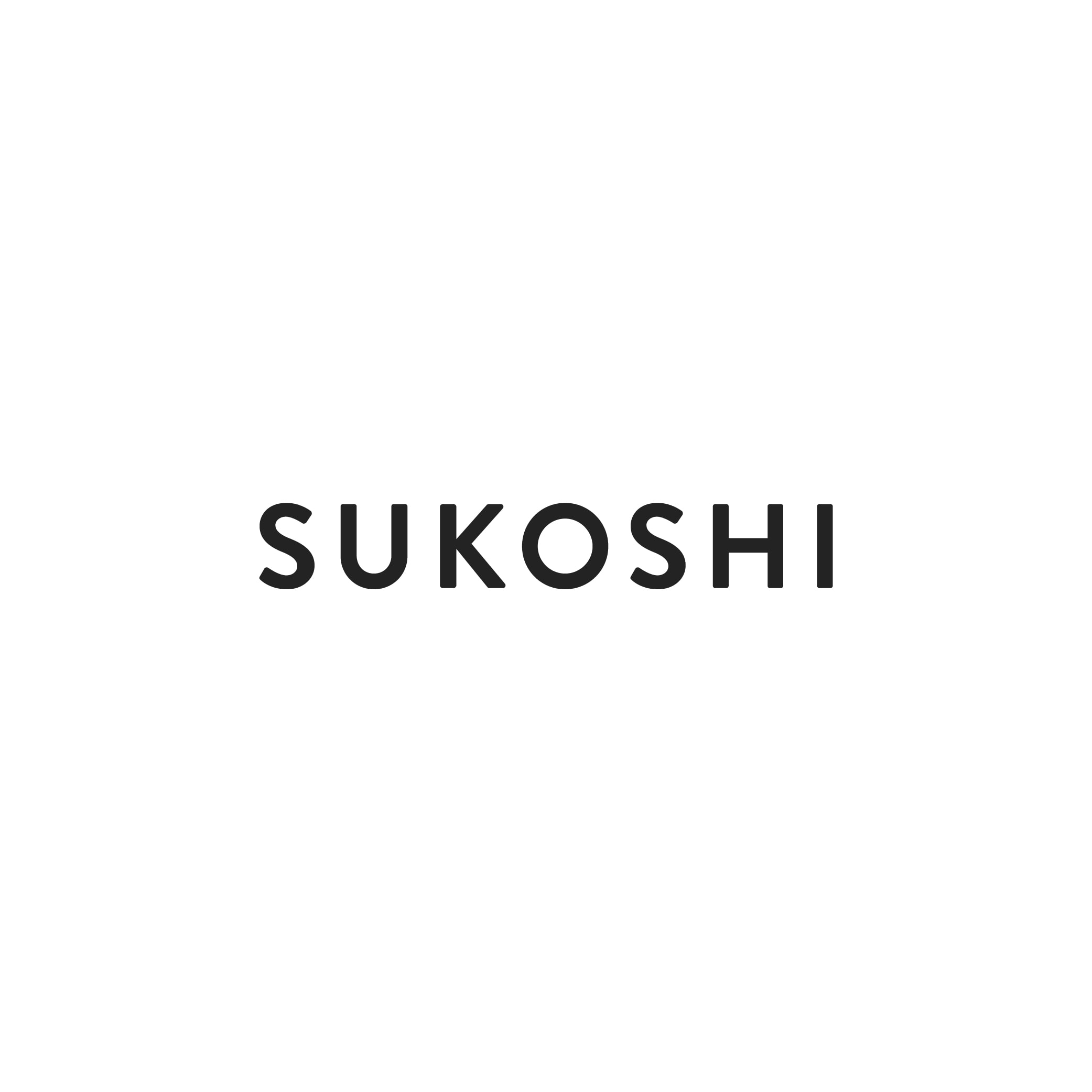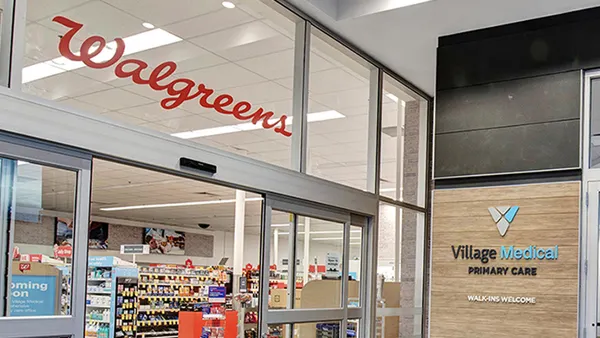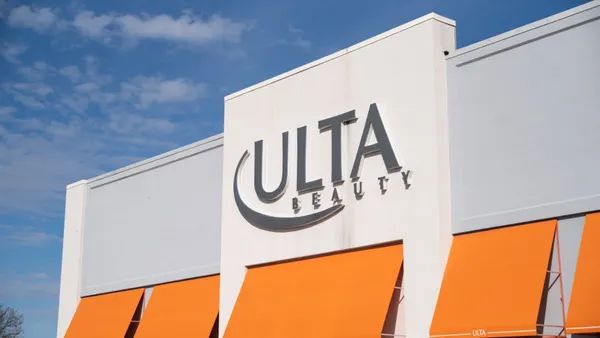UPDATE: March 21, 2019: Levi Strauss on Thursday began trading on the New York Stock Exchange under the name LEVI, pricing 36,666,667 shares of its Class A common stock at $17 apiece, just higher than its target between $14 and $16, according to a company press release. That will raise $623.3 million for the denim brand, giving it a valuation of $6.55 billion.
UPDATE: March 12, 2019: Levi Strauss plans to offer 36.7 million shares, with an anticipated price between $14 and $16 per share, when it begins trading on the New York Stock Exchange, according to a document filed with the SEC Monday. That could raise up to $587 million.
Dive Brief:
-
Levi Strauss & Co. on Wednesday announced it has filed for a proposed initial public offering. The company intends to list its Class A common stock on the New York Stock Exchange under the ticker symbol "LEVI," according to a company press release.
-
Goldman Sachs and J.P. Morgan Securities are serving as lead joint book-running managers for the offering, and BofA Merrill Lynch, Morgan Stanley and Evercore Group will serve as book-running managers, the company said.
-
The news does not come as a surprise. Sources familiar with the matter told CNBC in November 2018 that the company was looking to raise between $600 million and $800 million in an IPO and was eyeing the first quarter of 2019 to go public.
Dive Insight:
For much of its 145 years in operation, the storied denim brand had remained within the family line of Levi Strauss, who came to California from Bavaria during the Gold Rush in 1853 looking for a place to grow a dry goods business. The company went on to define American denim, although its roots haven't had the same emotional pull for younger generations. And that's hurt the company's bottom line.
"Unfortunately, what had happened was we lost relevance with the young consumers," Chip Bergh, CEO of Levi Strauss & Co, said at NRF's Big Show earlier this year. "Levi's wasn't even in their consideration."
Recent efforts to rejuvenate marketing, store experiences and merchandising have helped reel customers back in. The company opened an experience-driven flagship in New York's Times Square in November and earlier this month reported that fiscal 2018 net revenue hit $5.6 billion, growing 14% year-over-year.
"It's clear our strategies to diversify our product portfolio, expand our direct-to-consumer business, and deepen our connection with consumers worldwide have worked, resulting in both higher annual revenues and gross margins," Bergh said in a statement at the time. Going public while on a high note could drive even greater profit for the business and investors.
This wouldn't be Levi's first time going public. The brand filed an IPO in 1971 and raised about $50 million, but profits eventually dipped, as did the company's stock. In 1984, the Strauss family took the company private again in a $1.7 billion leveraged buyout, according to multiple media reports at the time.













